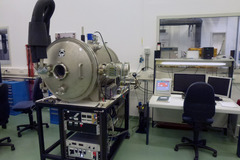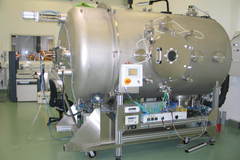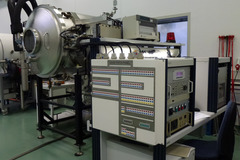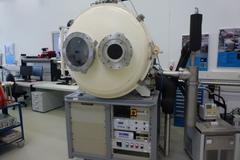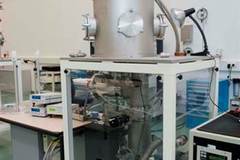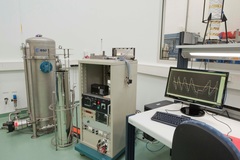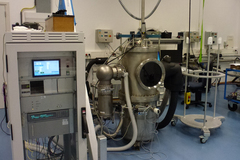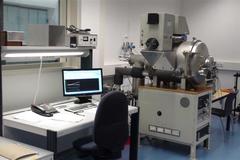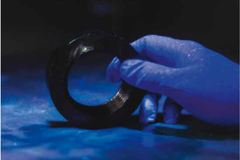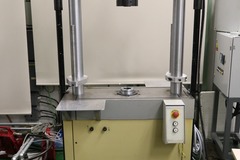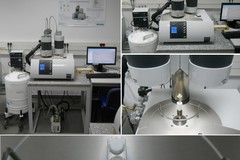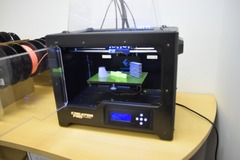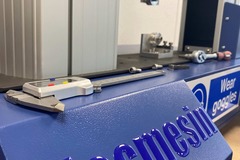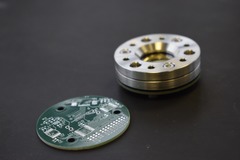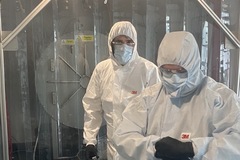AEON Engineering Ltd have performed multiple material test campaigns using their on-site twin column tensile / compression test machine, the Mecmesin MultiTest-i.
From testing of substrate coatings to ECSS standards to investigating the longevity of PFO (Perfluoroalkoxy alkane) tubing within a chemical process environment; all testing was performed in-house using a range of load cells, clamps, fixtures, and our customisable test programs.
The Mecmesin MultiTest-I is incredibly versatile and can be fitted with a variety of load cells which can detect small changes in the loads during programmed tests.
With sampling rates up to 1 kHz, changes in mechanical response and material properties can be accurately calculated, for instance identifying the strain at which a material transitions from a state of elastic deformation to plastic deformation.
Due to the wide variety of fixtures and fittings used on the Mecmesin MultiTest-I, there are several tests that can be performed to assist in the development of products for nearly every industry sector such as:
• Crush Testing
• Tear Testing
• Spring Testing
• Packaging Testing
• Haptic Testing
• Materials Testing
• Extension Testing
• Deformation Testing
• Compression Testing
• Pull, Hold & Break Testing
• Peel Testing
• Mating Cycle Analysis
• Make / Break Connection Testing
• Puncture Resistance Testing (for instance the force for a needle to penetrate skin)
Whether it’s the material compatibility of polymers being used in a chemical processing environment or confirming that the tensile strength of composite panels meet delamination specifications, the information obtained through materials testing significantly benefits and de-risks the design for its intended application.
There are numerous benefits to using this type of testing and its capabilities can be used in any stage of the product development lifecycle to improve quality and functional assurance.
For example, when in the early stages of developing a concept, then knowing stress and strain responses can help guide the design process in the choice of suitable materials.
With regards to existing products, then understanding the degradation of a material through tear or tensile testing could reveal potential weaknesses or vulnerabilities for premature failure that could occur before the end of a products required lifetime; in turn this insight might also guide service intervals and potentially reduce the likelihood of warranty claims or process downtime through preventative maintenance.
Play the video below to see one of our Tensile Tests in Action!
https://www.youtube.com/watch?v=qFKHMVusPYU

